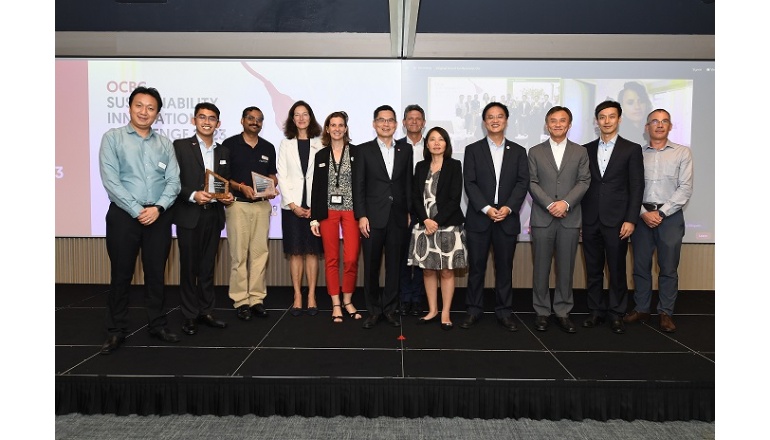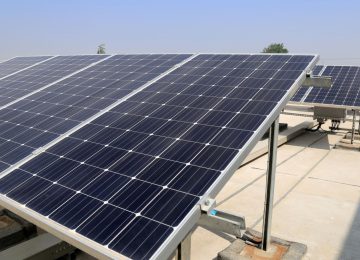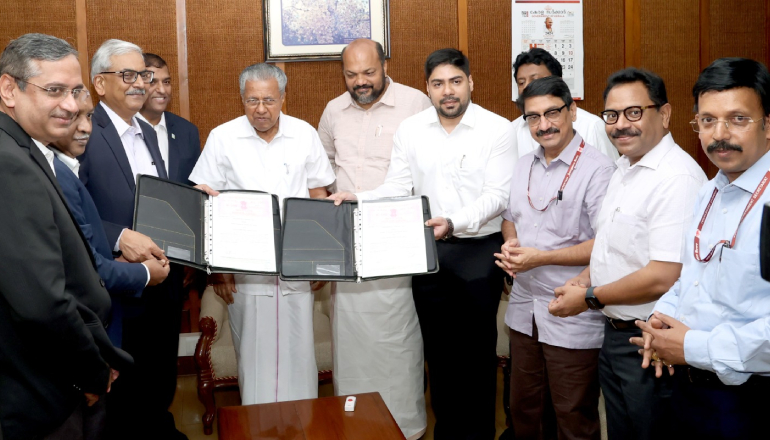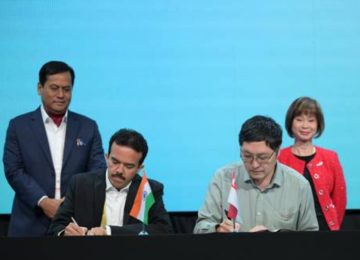The sustainability innovation challenge organised by the OCBC bank of Singapore was concluded recently with the announcement of the top three winners for 2023. This year’s challenge focused on innovative solutions around renewable energy and sustainable mobility.
The winners:
The winners are Nunam Technologies from India, Bia Power from Spain and Pili Seal from the Philippines. TotalEnergies, a global multi-energy company and their subsidiaries will pilot the winning solutions in the first half of next year, and each winner will receive $ 50,000 pilot funding from OCBC to continue their innovation.
Launched last year, the OCBC Sustainability Innovation Challenge aims to co-create solutions that are innovative and sustainable, while providing a platform for aspiring entrants to exhibit their innovations, leading to scaling of the same.
This year saw almost 90 submissions from 27 countries around the world, responding to the four challenge statements issued by TotalEnergies. These statements were focused on renewable energy and sustainable mobility, which are the driving forces of energy transition and climate change mitigation:
Repurpose EV batteries for safe redeployment in new applications.
Increase the penetration of distribution generation systems in Asia.
Develop cost-effective solutions integrating renewable energy sources to increase the efficiency of EV charging infrastructure.
Develop greener raw materials for manufacturing.
The winning solutions:
Nunam Technologies started out re-purposing used laptop battery cells and has since built on that experience to upcycle EV batteries and extend their lifespan. These re-purposed internet-connected battery systems are scalable, modular, and suitable to be used in a wide range of applications from small scale hybrid solar residential systems to commercial and industrial UPS backup requirements.
Leveraging data aggregation and forecasting from power generators, fleet operators and EV charge points operators, Bia Power developed a smart charging algorithm that monitors, plans and optimises EV charging loads. It is projected to allow up to 80% more EV charging in environments where power capacity is limited, reduce electricity costs by up to 50% and optimise power sources and allow the integration of green energy.
In the Philippines, the sap of the Pili tree commonly undergoes a hydrodistillation process to yield essential oils. A by-product of this process is the spent pili resin, which is usually discarded. Pili Seal developed a patented way to process this spent resin further to yield an industrial grade, 2-in-1 sealant-adhesive – Pili Seal – that has significant health benefits over commercially available chemical-based sealant-adhesives. Pili Seal has been tested in the aviation and building and construction industries. The market for Pili Seal is projected to grow at a compound annual growth rate of about 6% from now till 2026.
Quotes:
Mike Ng, group chief sustainability officer, OCBC, said: “One of OCBC’s core strategic priorities is to drive the transition to a low-carbon world. The urgency of this goal has heightened further based on the latest research which says that the window to avoid 1.5°C of global warming will close before 2030 if emissions aren’t reduced sufficiently. Initiatives like the Challenge, where we partner like-minded industry stakeholders such as TotalEnergies to support green solution providers and co-develop sustainable innovations, are essential for accelerating our progress on this goal. This year’s winners impressed us with their keen understanding of the gaps in the renewable energies and sustainable mobility market, and the technical soundness and potential commercial viability of their solutions. We are committed to supporting them and more aspiring solution providers to bring their innovations to fruition.”
Ting Wee LIANG, country chair Singapore and president, TotalEnergies Asia-Pacific & Middle East – marketing & services said: “TotalEnergies has been actively contributing towards Singapore Green Plan 2030. Innovation plays a critical role in accelerating our energy transition progress, with the Company investing over US$1 billion in R&D and innovation, of which 65% is dedicated to decarbonisation solutions. As we continue to push forth the frontiers of innovation, partnering like-minded players such as OCBC on this Challenge, enables us to co-create and implement innovative sustainable solutions with start-ups. It also allows TotalEnergies to keep abreast of new technologies that are relevant to our business, thus helping to future proof our existing solutions to better serve customers.”
The story was first published in AsiaBizToday. We encourage you to visit their website.











